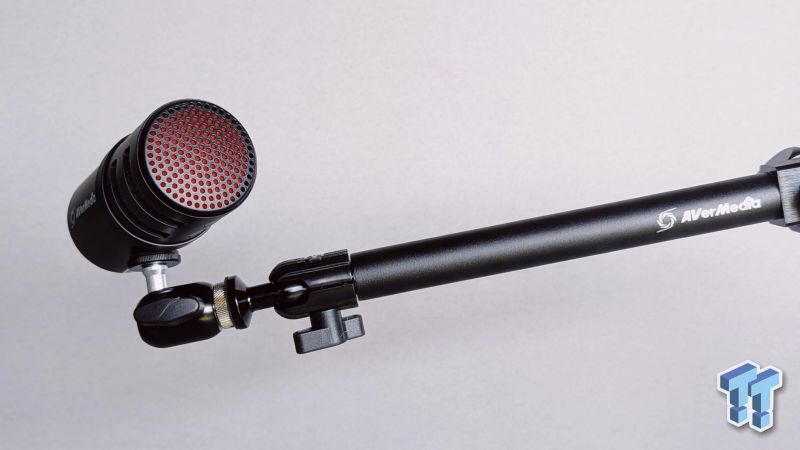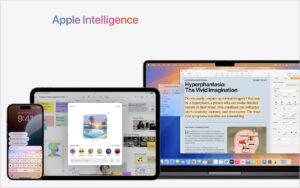 Computex 2013 wrapped up this Saturday in Taipei. While many that have attended the show in prior years say that the event feels smaller year-over-year, there was an electric buzz of sorts in the air this year. Perhaps its an uptick in the global economy, or perhaps its a new cycle of innovation emerging; regardless the mood was upbeat.
Computex 2013 wrapped up this Saturday in Taipei. While many that have attended the show in prior years say that the event feels smaller year-over-year, there was an electric buzz of sorts in the air this year. Perhaps its an uptick in the global economy, or perhaps its a new cycle of innovation emerging; regardless the mood was upbeat.
The mood may have been upbeat, but this was in the face of a definite lack of exciting announcements. Nothing of note was launched at Computex. As we’ve discussed on Hardware Canucks has discussed before, the big tent of an expo like Computex or CES is far from an appealing venue to launch new products. The cacophony of the show drowns out the focus of a single launch. While ASUS chose to launch something a new family of devices at its pre-show event, the main vendor keynotes — Microsoft, AMD and ASUS — had nothing that was remarkably new to announce.
Before the show began Hardware Canucks ran a pre-game analysis of themes we expected to see at the show. As the show is now wrapped, here’s a follow up on some things we talked about:
An AMD vs. Intel mobile showdown
In its 4K reports (a quarterly filing with the SEC) AMD has repeatedly warned that Intel’s dominance of the processing field creates a sort of existential threat for AMD. Intel defines the trends, AMD once argued, thus AMD was caught in a sort of a perpetual catch up game.
The opposite held true at Computex. Intel’s keynote centered around pushing Haswell to mobile devices, in many ways a similar fashion to AMD’s plans for APU domination — on PC, gaming, and mobile devices.
Intel dominates the x86 desktop market space. Will it exert the same dominance in the mobile world? Probably not. To do so it would have to leapfrog over ARM and AMD, a mighty task even for a mighty company.
Windows 8: Failing at dominating
In many ways Windows 8 was everywhere yet nowhere at Computex. Every manufacturer seemed to have at least a few Windows 8 tablets on display at the show, yet the version of Windows 8 that was designed for the ARM-dominated mobile space, Windows RT, was nowhere to be found (aside from the Microsoft booth itself).
With hyper power efficient chips in the pipeline from AMD and Intel, is there even a need for Windows-on-ARM? On paper it’s a great idea to extend the ecosystem to the platform that dominates mobile, but problems with app compatibility, the OEM-chill created by Surface, and a general lack of consumer enthusiasm has virtually halted the push of Windows to ARM.
Be sure to check YouTube for all of our video coverage of the show.


